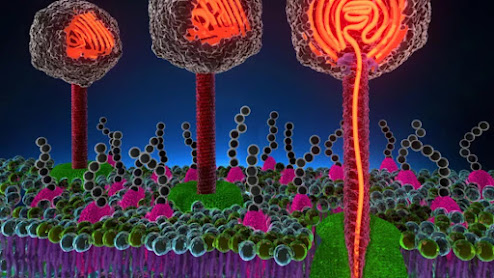 |
| The treaty should cover the entire lifecycle of plastics, including fossil fuel production. Photo Credit Aaron M Sprecher / Greenpeace |
The new Global Plastics Treaty must tackle the problem at source, researchers say.
An international negotiation meeting (INC-3) in Kenya begins on Monday, aiming to further develop a legally binding treaty on plastic pollution.
Writing in the journal Science, researchers say the treaty must priorities “upstream” issues: cutting total production and consumption of plastics, phasing out hazardous chemicals and tackling fossil fuel subsidies.
They highlight a “worrying” level of focus on downstream recycling and waste management – when the true solution must address the full life cycle of plastics.
They say the treaty must be holistic – with more focus on early interventions and the people, places and ecosystems most impacted by plastic pollution.
“Right now, simply too much attention and capital is focused ‘downstream’ – recycling and cleaning up plastic already in the environment, in many cases just after a single use” said Dr Mengjiao (Melissa) Wang, from Greenpeace Research Laboratories at the University of Exeter.


.jpg)



.jpg)









.jpg)